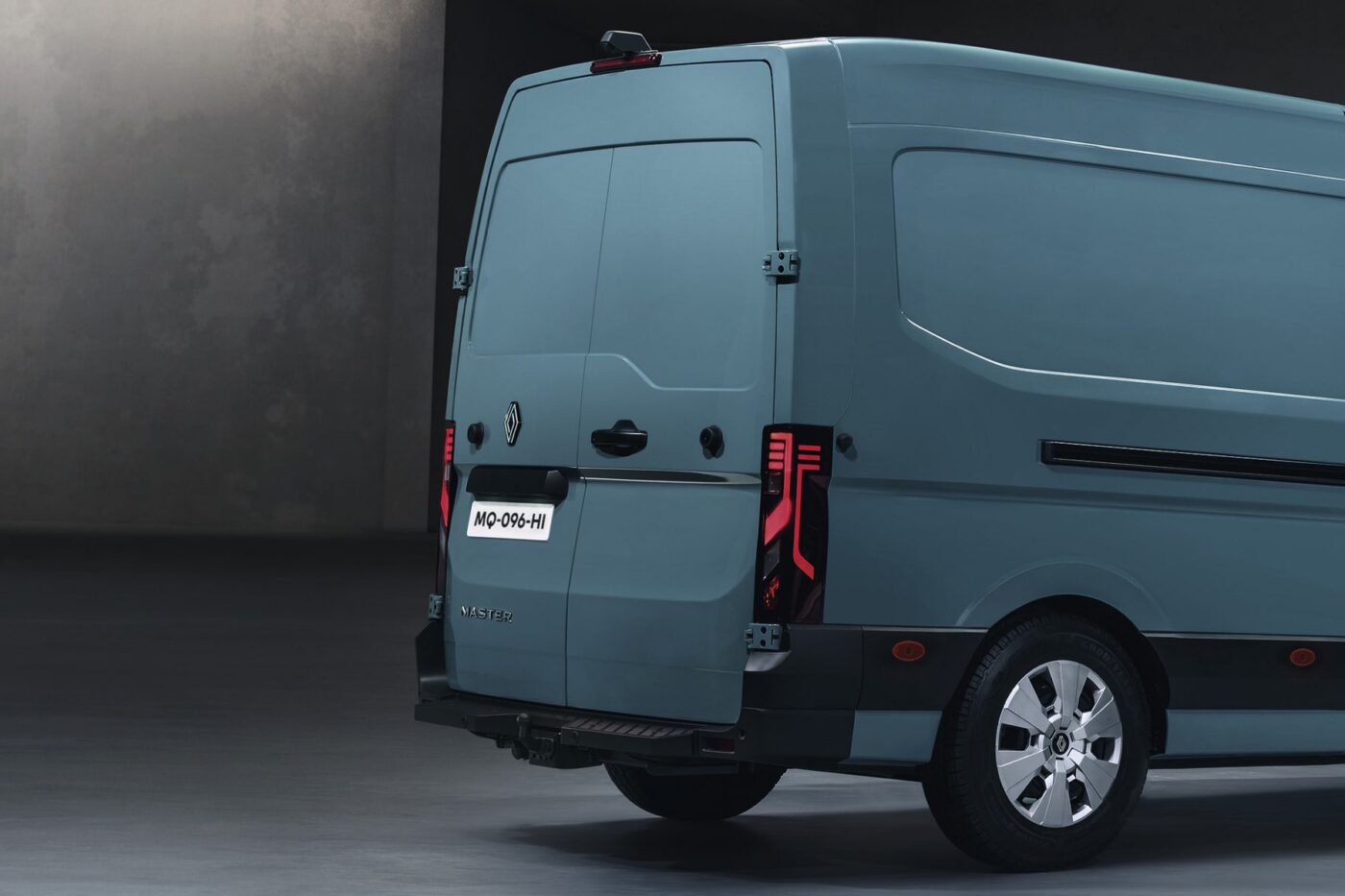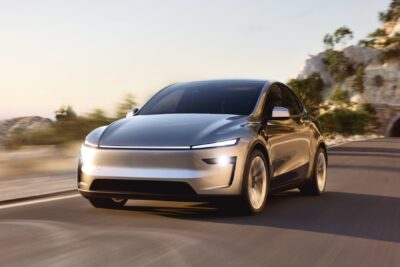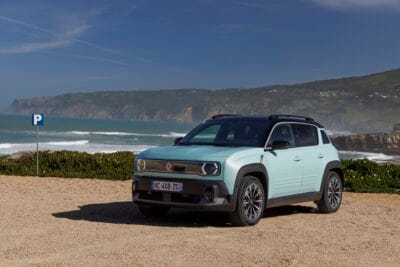E-transporter alliance: Renault and Volvo Group establish Flexis joint venture
By signing a binding joint venture agreement in October, the Renault Group and the Volvo Group paved the way for the current establishment of Flexis. The business purpose of the new unit is the development and production of innovative electric vans based on a software-based 800-volt platform. Production is scheduled to start in 2026. The manufacturers have now confirmed this once again in their brief announcements on the founding of the company.
As reported, the joint venture based in France will initially be owned 50 per cent each by the Renault Group and the Volvo Group. Both groups have agreed to invest 300 million euros each in Flexis over the next three years. At a later date, the French logistics company CMA CGM (with an investment of 120 million euros) will be added as a third partner. The group confirmed its interest following a non-binding agreement in October, according to reports. Their involvement is therefore still planned.
The Renault Group is already a strong player in the light commercial vehicle sector. The Volvo Group (not to be confused with Volvo Cars) is at home in the truck market. Flexis will draw on the expertise of both parties to bring a new generation of electric vans and associated services to the market. The initiators want to place a special focus on the smart capabilities of the vehicles.
Skateboard platform with 800 volts
Renault and the Volvo Group are still only giving a few concrete key figures on the planned vans themselves. What is certain is that the all-electric vans with different bodies will be based on a new, software-based 800-volt platform with several battery sizes. There is talk of “a completely new family of all-electric and software-defined vehicles”. And: the skateboard platform offers “high modularity for different body types at low cost and a breakthrough in safety requirements”.
According to the information provided in October, the aim is to achieve a new level of connectivity so that the vehicles “have unprecedented functions for monitoring delivery activities and the business performance of users, reducing global utilisation costs for logistics companies by 30%”. The connected services are designed to provide customers with “lifelong up-to-date vehicles”.
Cost reduction is also likely to be the keyword for the cooperation between the two major players. At least that is how some passages in the announcements from Renault and the Volvo Group in the autumn could be interpreted. Instead of tackling the development alone, they wanted to join forces to pioneer a completely new generation of fully electric vans and the associated services. Because: “The European market for electrified vans will triple by 2030, which promises a huge opportunity for a brand-new LCV offering aimed in particular at the booming e-commerce and rental business.” Business customers need electrified, safer and fully connected vehicles.
According to the initiators, the planned joint venture will operate with the agility of a start-up and at the same time benefit from its large shareholders. The intention is to jointly invest in research and development and contribute existing experience, services and industrial presence to the new company. Renault stated that it would primarily contribute expertise in the development and manufacture of the electric platform, while the Volvo Group would score points with its customer base of logistics providers, its global service network and experience with operational and productivity services.
“We are excited to take yet another step in our journey towards sustainable transport solutions through the intended establishment of a new company,” said Martin Lundstedt, President and CEO of the Volvo Group, at the time. The Volvo Group is committed to continuing to offer its customers complete transport solutions that help them decarbonise their value chains. “We see a growing demand for clean, efficient, and safe urban transportation. Partnership and collaboration are key to achieve this.”
Complementary strengths
According to Luca de Meo, CEO of the Renault Group, electrification and digitalisation are paving the way for a revolution in the light commercial vehicle market. “Renault Group intends to be a leader in this transformation while ensuring a robust and effective value creation. Today, we are very proud to embark in this journey with Volvo Group to bring the best of solutions to our professional logistic customers. We also look forward to CMA CGM joining the company. The new company is the start-up minded, unmatched combination of the complementary assets of 3 champions: a leading truck maker, expert in tailored services, a champion of the global supply chains and a European EV pioneer & LCV leader. All the ingredients are there to come up with something truly unique.”
Nevertheless, it was emphasised that the Volvo Group and Renault remain competitors in all other areas. However, this does not apply to the heavy commercial vehicle sector. Renault and Volvo have been cooperating in this field for decades: Renault Trucks, as you know, is part of the Volvo Group. And through Renault Trucks, there has also been a link in the light commercial vehicle sector for more than 35 years, which is reflected in the distribution of the Renault Master and the Renault Trafic in both networks.





1 Comment